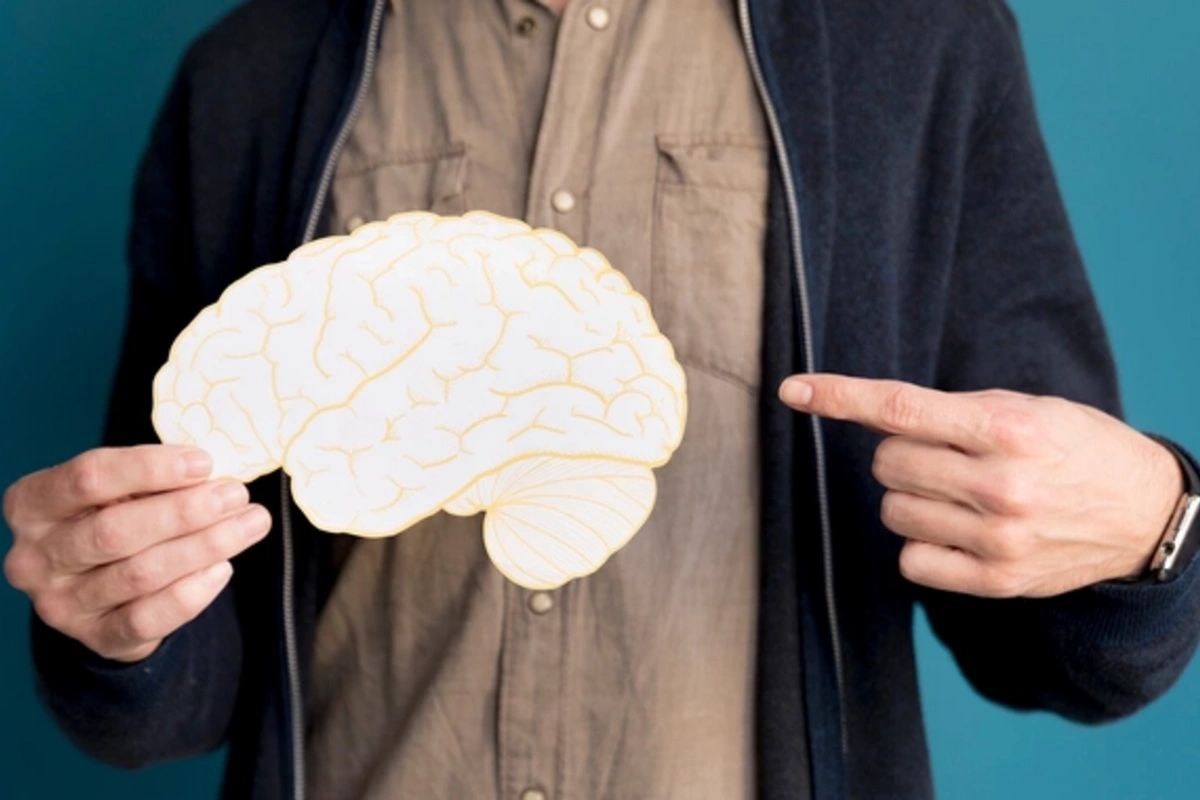19 May , 22:47
0

Brazilian scientists have found a molecule that helps restore memory
Researchers from Brazil have made a revolutionary discovery: the hevin molecule, produced by brain astrocytes, can significantly strengthen neural connections and restore lost memory. The results of this breakthrough research were presented to the scientific community in the prestigious journal Aging Cell.
In experiments on mice with modeled Alzheimer's disease, scientists investigated the glycoprotein Hevin (also known as SPARC-like1 or SPARCL-1). This protein is produced by astrocytes – special cells that perform a protective function for neurons and participate in the immune defense of the brain. Interestingly, astrocytes have a dual nature: under certain conditions, they can both promote recovery and enhance inflammatory processes, accelerating neurodegeneration.
The study showed impressive results: elevated levels of hevin effectively preserve cognitive functions in elderly animals, both in those suffering from dementia and in healthy individuals. Notably, hevin did not affect the formation of beta-amyloid plaques – traditionally considered the main sign of Alzheimer's disease. This observation supports a new theory that the disease may be associated not only with the accumulation of protein deposits but also with impairments in brain neuroplasticity.
The scientific community believes that this discovery could radically change approaches to treating dementia. While researchers' attention was previously focused predominantly on neurons, the key role of astrocytes in memory preservation processes is now becoming evident. It is quite likely that these cells will become the main target for developing innovative drugs against age-related cognitive impairments.